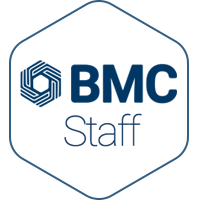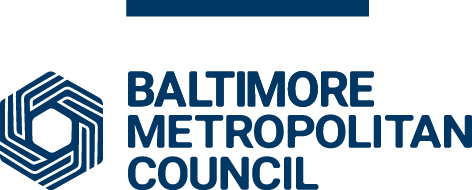Crystal McDermott

Kathy Renzi

BMC Board of Directors
Overview
The Board of Directors is BMC’s governing body. It is responsible for BMC’s overall policies, as well as the approval of its budget and work program. The Board works together through BMC to enhance the Baltimore region’s quality of life and economic vitality.
Meetings are held quarterly at BMC's offices as well as locations around the Baltimore region.
Purpose and Mission
- Takes action on committee recommendations;
- Discusses current and future regional challenges; and
- Develops priorities and policy focuses for staff.
Membership
The BMC Board of Directors includes the executives of Anne Arundel, Baltimore, Harford and Howard counties, the mayor of the City of Baltimore, a member of the Carroll County and Queen Anne’s County boards of commissioners, a member of the Maryland State Senate, a member of the Maryland House of Delegates, and a gubernatorial appointee from the private sector.
Zach Kaufman


